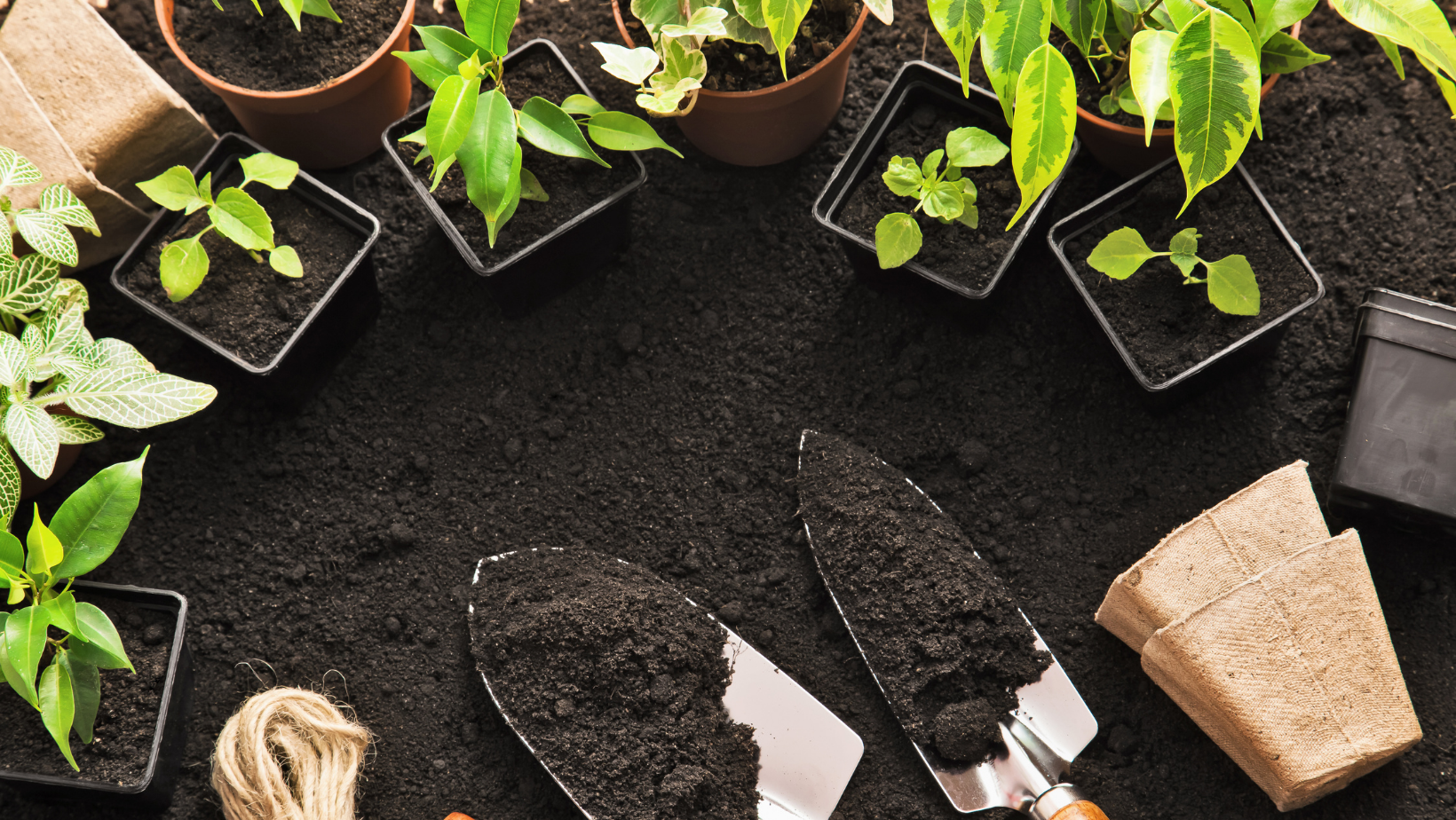Posted by Esther Roberts on 17th Jun 2021
Why gardening has become the latest trend for millennials

In the UK, there are around 27 million people who partake in gardening. It's common to think that only older generations enjoy gardening, but this couldn't be further from the truth. In fact, Parker's orders from 18-24 year olds increased by 213% in February 2021 from February 2020. So, what has made young people getting into gardening? We've done some research to uncover the reasons behind the spike in gardening millennials.
Mental Health Benefits
With the pandemic causing a rise in unemployment and uncertain futures, mental health care has never been so important. According to the Mental Health Foundation, 70% of 18-34 year olds experience mental health issues in comparison to 58% of those aged 55 years or above. A recent study by AXA Insurance has found that 50% of people who undertake gardening say they have seen an improvement in their happiness, while 44 per cent admitted to feeling lower levels of stress and anxiety after becoming green-fingered.
The Millennial Move
Covid has changed the way we view cities. A prediction in the U.K. economic outlook report states that London’s population is expected to decline for the first time in the 21st century. During the pandemic, many millennials have switched the city lifestyle for the suburbs.
Difficulties of city living are more obvious than ever in lockdown: trapped in properties that are, on average, smaller than elsewhere; and having less access to a garden (21 per cent of Londoners do not have a garden). Along with the suburban living trend, the growing interest in natural products and sustainability has never been more prevalent.
The Houseplant Frenzy
In recent years, houseplants have enjoyed a massive boom in popularity, especially with Millennials and Gen Z. Sales of houseplants at garden centres across the UK were up 81% in July (2020). Compared with the same month in 2019, according a report published by the Garden Centre Association (GCA).
The millennial love of houseplants also has a lot to do with the self-care and wellness movements. As well, many young people lack access to an outdoor space (due to living in urban spaces, such as flats), so bringing plants inside make those benefits much more accessible. With less space and less time to garden in a home landscape setting, millennials have taken to indoor gardening, which has lead to further similar interests in container growing and small-space vegetable production.
Overall, millennials enjoy gardening for much the same reason as older adults. They enjoy the contentment, peace and satisfaction that comes from tending plants. That much hasn’t changed across generations.

